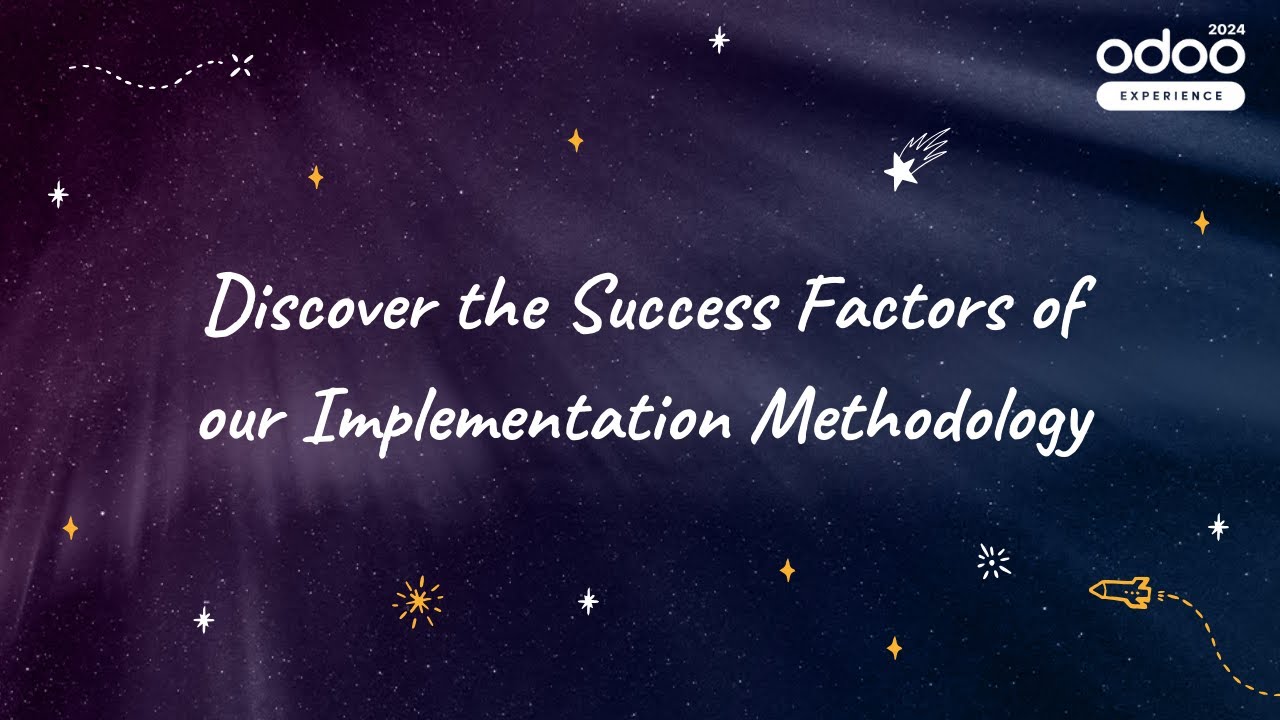What is Project Management? Training Video
Summary
TLDRThis video highlights key strategies for successful project management, emphasizing the importance of thorough planning and communication. It advises aligning stakeholders on deliverables to avoid scope creep and ensuring the team has the right skills. Proper planning accounts for 80% of the work, with tools helping to track progress. Risks should be anticipated and mitigated, while clear leadership is needed during implementation. After completion, a review of successes and areas for improvement will help future projects. Ultimately, the goal is to deliver quality results on time and within budget.
Takeaways
- 📊 Project management for ongoing tasks requires a different approach compared to one-off tasks.
- 🎯 Most projects fail to meet objectives, so it's crucial to prepare thoroughly for success.
- 📋 Make sure all stakeholders agree on the final deliverables in detail to avoid scope creep.
- 🗂️ Planning is 80% of project management—Proper Planning Prevents Poor Project Performance.
- 🔧 Use project management tools to track progress and assist during planning.
- 👥 Build your team based on the skills needed to complete the project, and adjust personnel as required.
- 🔄 Ensure information flows smoothly so all stakeholders are aware of what's happening.
- 🌩️ Identify potential risks and develop strategies to avoid or mitigate them.
- 🎼 During implementation, communicate clearly and consistently, like conducting an orchestra.
- 📝 After project completion, report on successes and areas for improvement to enhance future projects.
Q & A
What is the key difference between managing ongoing tasks and one-off tasks?
-Managing ongoing tasks requires a different approach compared to one-off tasks because ongoing tasks are continuous and need consistent oversight, while one-off tasks, like projects, are temporary and focus on completing a specific objective within a set time and budget.
Why do most projects fail to meet their objectives?
-Most projects fail to meet their objectives due to factors like poor planning, lack of stakeholder agreement, scope creep, misaligned team skills, and insufficient risk management.
What is the importance of agreeing on deliverables at the start of a project?
-Agreeing on deliverables at the start helps prevent scope creep, ensuring that all stakeholders are aligned on the project's final outcome and that expectations remain realistic and manageable.
Why is planning considered 80% of project management?
-Planning is seen as 80% of project management because thorough preparation, including setting clear objectives, managing risks, and organizing resources, significantly increases the chances of project success and smooth implementation.
What are the 'six Ps' mentioned in the script, and how do they apply to project management?
-The 'six Ps' refer to 'Proper Planning Prevents Poor Project Performance.' This principle emphasizes that careful planning is essential to avoid issues during the project's execution and to achieve the desired outcome.
How should a project manager build their team for a project?
-A project manager should first assess the skills and expertise required to complete the project, then compare those needs with the available team members, making adjustments (adding or removing people) as necessary.
Why is it important to plan for risks during a project?
-Planning for risks helps the project manager anticipate potential problems and develop strategies to either avoid or mitigate these risks, ensuring the project stays on track despite unforeseen challenges.
What role does communication play during project implementation?
-During implementation, clear and consistent communication is crucial for keeping all stakeholders informed and aligned, much like how an orchestral conductor keeps musicians in sync during a performance.
What should be done after completing a project?
-After completing a project, it's important to review what was done well and what could have been improved. This reflection helps the team learn from the experience and apply those lessons to future projects.
What is the real challenge of project management, according to the script?
-The real challenge of project management is achieving a quality outcome using the least amount of time and money, rather than simply throwing more resources at the project to complete it.
Outlines

هذا القسم متوفر فقط للمشتركين. يرجى الترقية للوصول إلى هذه الميزة.
قم بالترقية الآنMindmap

هذا القسم متوفر فقط للمشتركين. يرجى الترقية للوصول إلى هذه الميزة.
قم بالترقية الآنKeywords

هذا القسم متوفر فقط للمشتركين. يرجى الترقية للوصول إلى هذه الميزة.
قم بالترقية الآنHighlights

هذا القسم متوفر فقط للمشتركين. يرجى الترقية للوصول إلى هذه الميزة.
قم بالترقية الآنTranscripts

هذا القسم متوفر فقط للمشتركين. يرجى الترقية للوصول إلى هذه الميزة.
قم بالترقية الآنتصفح المزيد من مقاطع الفيديو ذات الصلة

Mastering Effective Leadership in Civil Engineering Projects

Manpro TI - 11 Manajemen Komunikasi Proyek

ManPro13 Manajemen Pemangku Kepentingan Proyek

Project Planning: Plan Your Project - PM Fundamentals

Discover the Success Factors of our Implementation Methodology

Project Management: Planning Process Group
5.0 / 5 (0 votes)
